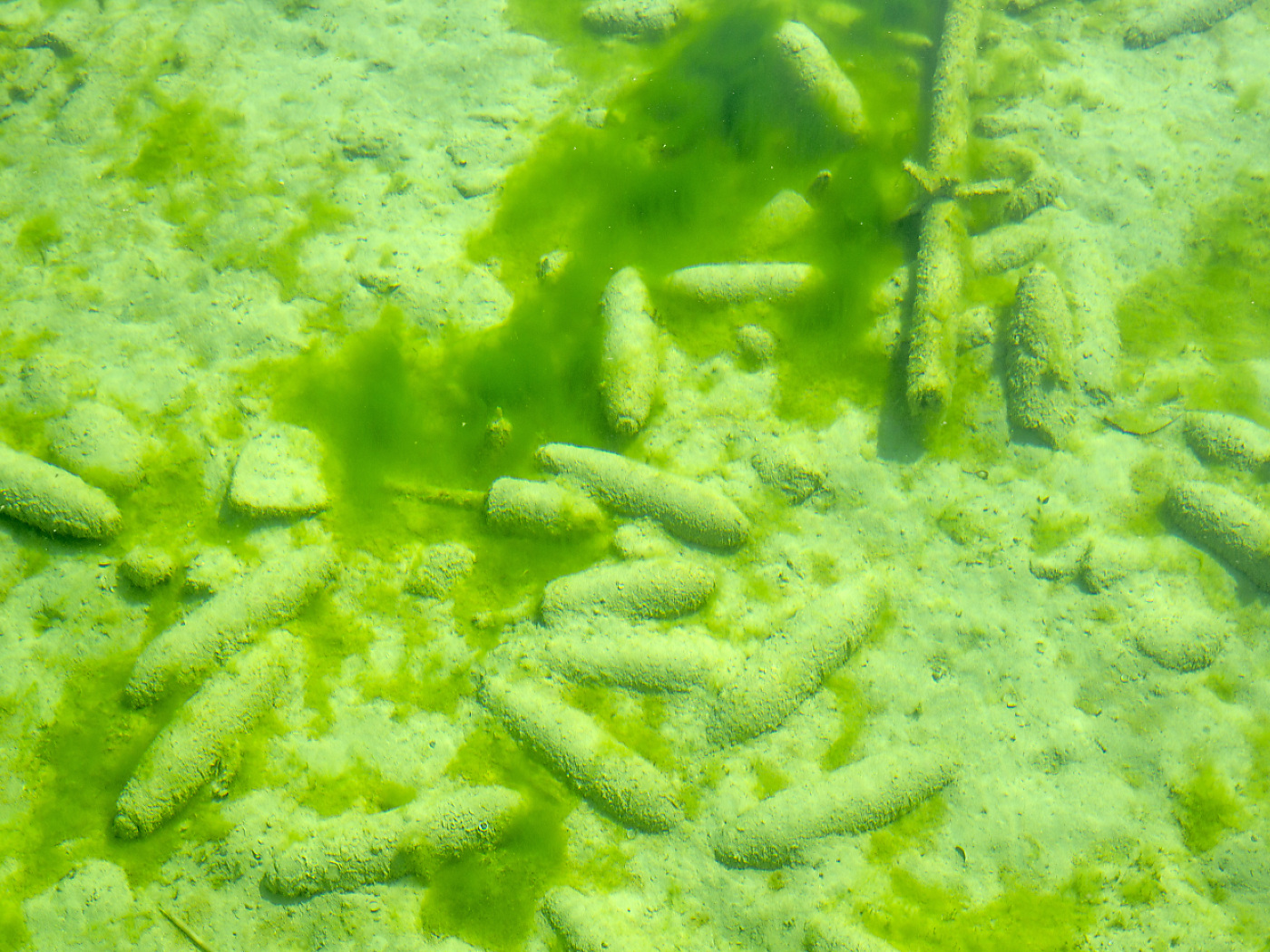
Swiss authorities call for ideas for clearing ammunition from lakes
The Federal Office for Armaments, armasuisse, is seeking ideas for the environmentally friendly and safe recovery of ammunition from Swiss lakes. The three best ideas will receive a prize of CHF50,000 ($58,325).
While these ideas will not be directly used in a salvage operation, they will serve as starting points. Ammunition will only be salvaged if there is an environmental risk.
+Get the most important news from Switzerland in your inbox
Between 1918 and 1964, the military dumped problematic, surplus, or obsolete munitions into several Swiss lakes. armasuisse announced on Wednesday that the ammunition, including misproductions, was disposed of in lakes such as Lake Thun, Lake Brienz, Lake Neuchâtel, and Lake Lucerne, at depths of 150 to 220 metres, amounting to over 12,000 tonnes.
Salvage only if necessary
With the ideas competition, armasuisse aims to engage universities and industry in considering the recovery of these deeply buried munitions should it become necessary. This could occur if, “contrary to expectations, a release of pollutants” is detected during seawater monitoring.
+Armasuisse and defence ministry discuss the use of Swiss drones
The competition will be organised in an open and anonymous procedure, with documents published on the federal government’s tendering platform on Wednesday. The submission deadline is 6 February 2025, and entries will be assessed by a jury of experts from authorities, institutes, and universities, with results announced in April 2025.
The contributions are not intended for immediate implementation but will provide armasuisse with a basis for further clarifications or research projects.
Ammunition under sediment layers
In 2005, an assessment revealed that all potential recovery solutions at the time would have stirred up a significant amount of mud, jeopardising the lakes’ sensitive ecosystems. The dumped munitions are now covered by up to two metres of fine sediment.
+Should Swiss women emulate fighter pilot’s success?
Stirring up these sediments can deplete oxygen, already scarce at these depths, and harm the ecosystem.
Additional challenges include poor visibility, the risk of explosion, water depth, currents, and the dimensions of the munitions, which range in size from four millimetres to 20 centimetres and weigh up to 50 kilos.
+US delays delivery of Patriot missiles to Switzerland
Most of the ammunition is made of iron and is magnetic, while some detonators are made of non-magnetic copper, brass, or aluminium. These factors create high demands for environmentally friendly salvage, armasuisse noted.
Adapted from German by DeepL/amva
This news story has been written and carefully fact-checked by an external editorial team. At SWI swissinfo.ch we select the most relevant news for an international audience and use automatic translation tools such as DeepL to translate it into English. Providing you with automatically translated news gives us the time to write more in-depth articles.
If you want to know more about how we work, have a look here, if you want to learn more about how we use technology, click here, and if you have feedback on this news story please write to english@swissinfo.ch.

In compliance with the JTI standards
More: SWI swissinfo.ch certified by the Journalism Trust Initiative


























You can find an overview of ongoing debates with our journalists here . Please join us!
If you want to start a conversation about a topic raised in this article or want to report factual errors, email us at english@swissinfo.ch.